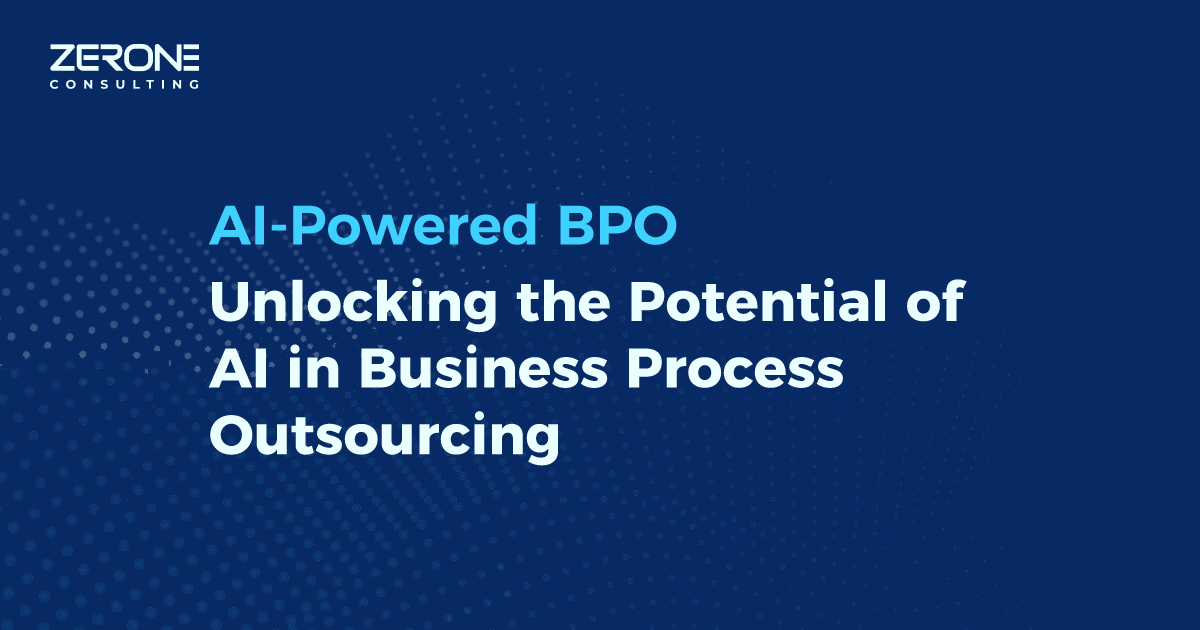Why Recruiters Need to Consider AI Based Tools for Sourcing Candidate Profiles
Technology has always revolutionized the Human Resources market in multiple ways. Let it be the directory-based search platforms of the early 1990s (like monster.com) or the professional social networks that emerged in early 2000s (like LinkedIn) or the latest AI-based talent platforms like Leap.ai, the recruitment and talent management industry has remained open to innovations.
Regardless of industry or business domain, most of the recruiters point out candidate profile sourcing as one of their key pain points. With limited time and a lot of jobs to fill, recruiters constantly face the pressure to find out the right fits for given roles.
Advantages of AI in profile sourcing
According to Korn Ferry’s recent survey answered by around 800 talent acquisition professionals, 48% mention that AI based tools are making their jobs easier. 27% believe that AI has freed up their time and nearly two-third of respondents say AI has changed the way recruiting is done in their organizations.
How artificial intelligence is making this possible?
Eliminating waste and tediousness in sourcing:
Recruiters definitely have the ability to find strong candidates on their own. The challenge is that they need to fill a large number of positions within the specified time.
Hiretual, a startup that has developed an AI assistant for recruiters reports that their tool allows recruiters to find and engage the right candidates with the required skillsets 10 times faster. Hiretual’s AI based tool can source data from more than 30 platforms including LinkedIn, GitHub, Quora, Facebook, Twitter, AngelList and Reddit as well as over 700 million professional public profiles on the internet.
Tools like Hiretual use AI technology to aggregate candidate profile data from multiple sources and bring the necessary details into one place. When only relevant profiles are presented in front of the recruiter, it saves the recruiter’s valuable hours on every hire. Besides, when the recruiter is ready to engage with the candidate, the system can surface the contact information (email and telephone) and integrate the same into the recruiter’s company email platform. This in turn enables the recruiter to schedule email times and automate follow-up messages at their convenience.
By automating repetitive tasks and finding patterns from large volumes of data sets, AI-powered technologies empower recruiters to perform better and stay focused on more important duties, such as composing custom messaging for each candidate instead of spamming their inboxes.
Sourcing passive candidates easily and quickly:
Very often, the top candidates who appear during online searches aren’t necessarily the ones who are actively looking for new opportunities. Hence recruiters need to spend a lot of time in sourcing these passive candidate profiles. You will be able to hire only those who respond to your messages or calls or emails.
With artificial intelligence, you get to know where exactly your ads need to come up and how well your ads are likely to perform. This data is derived based on algorithms and advanced data science. For instance, AI based tools can be used to determine how long a candidate has been employed at their current position, whether they got promoted during their tenure at their present organization, and the overall direction of their current company’s journey. Using this information, recruiters can create a list of candidates who will be open to a new employment offer. AI and machine learning algorithms allow you to place your job ad postings in front of those passive candidates who will click and open your ads, and who are required by your company.
Enhancing recruiting experience:
When you save time with AI, you can pay attention to the human aspects of a recruiter’s job such as engaging with or assisting new candidates through the application process. When recruiters have more time to connect with prospective candidates, they will have a more fulfilling day, and are able to offer the candidates a better experience.
“Sourced”, a professional recruitment firm in Silicon Valley which started using AI in 2016 for their candidate profile sourcing process states that with AI they have been able to deliver better results.
Improving accuracy in candidate matching: Instead of using the archaic search keywords, AI based tools can find patterns in candidate resumes and other data sources to identify better matches for a job requirement. This can work anywhere; web, online or within resume databases like AngelList, CareerBuilder etc.
Candidate re-discovery is another major trend that has gained popularity among recruiters. It is a way of using AI methods to re-engage prior candidates by shortlisting and rating qualified candidates. Thus, recruiters get to know those who have applied to a previous role or attended an interview earlier, making it easy to pick up the qualified candidate for the next action.
Reducing bias in candidate sourcing:
Building a diverse workforce has become a top priority for recruitment and talent acquisition managers today. A study of more than 500 organizations reveals that when gender and racial diversity at workplace increases by 1%, it can correspondingly bring in a 3-9% increase in sales revenue.
However, many recruiting scenarios imply the presence of unconscious bias in candidate selection. For example, people with English sounding names tend to receive more interview requests than their counterparts with identical skillsets from Asian countries. This occurs when more attention is paid to the demographic details of the candidates mentioned in their resumes. AI based tools can reduce this bias at the sourcing stage itself by ignoring the gender, race, age etc. of the candidates, leading to improved decision making.
The demand to hire rightful talent grows with your business and you need to embrace innovative digital solutions to enhance your recruitment process. Every year, recruiting companies raise their hiring volumes even without expanding their team size. To pick right candidates from the fast-growing applicant pool, recruiting businesses should transform from being data-driven to AI-driven. It won’t be an overstatement to say HR technology today equals AI for recruiting.
We can help!
Unlocking The Potential Of Ai In Business Process Outsourcing
#Artificialintelligence
Optimizing Llm Costs: A Key To Sustainable Ai Solutions
#Artificialintelligence



